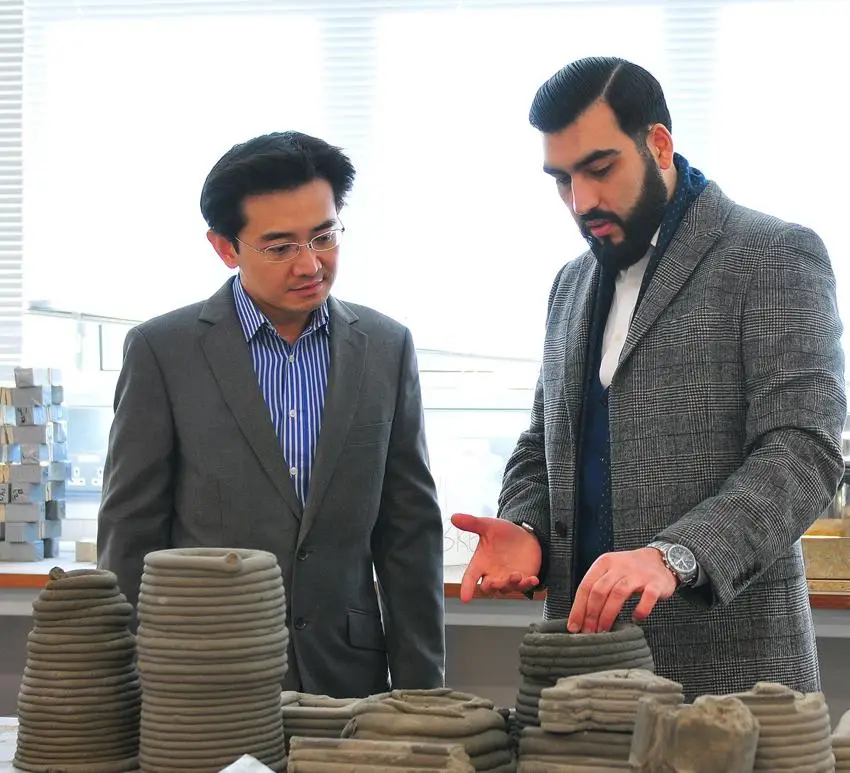The 24-month collaborative project, funded under the Newton Fund Institutional Links route with Turkey, will bring together research teams from the UK and Turkey to extend new knowledge, specifically in the field of additive manufacturing and rheological optimisation of raw materials that are tailored for 3D printing. The combination of materials science and innovative technologies, such as 3D printing, will enable new areas for product development.
The project ambition is to co-develop an understanding of material science to manufacture complex microarchitectures that will be produced using Material Extrusion as an Additive Manufacturing process. Calcium phosphate cement will be utilised and its physical properties will be engineered. The manufacturing process and raw material properties will be optimised to enhance the flow behaviour and efficiency of extrusion. The goal is to ensure that cementitious material can be produced suitably for tissue scaffolds with high dimensional resolution as low as 100 micrometres.
 Photo 1. Dr Eujin Pei (left) and Dr Seyed Ghaffar (right)
Photo 1. Dr Eujin Pei (left) and Dr Seyed Ghaffar (right)
Meet the Principal Investigator(s) for the project
Related Research Group(s)
Additive Manufacturing and 4D Printing - The Additive Manufacturing and 4D Printing Research Group seeks to understand the fundamental aspects and applications of programmable materials through layer-wise methods of production.
Partnering with confidence
Organisations interested in our research can partner with us with confidence backed by an external and independent benchmark: The Knowledge Exchange Framework. Read more.
Project last modified 21/06/2021